
what did that matter? Singular or plural, Alvarado still held the entire country in his pocket, as he had for
the past generation and a half. That was the essential situation. Everything else was beside the point, a
mere detail. To Mondschein the clones made no real difference at all.
In fact there was very little that did make a difference to Mondschein these days. He was getting old and
slept badly most of the time and his days were an agony of acute homesickness. He wanted to speak his
native language again, Spanish as it had been spoken in Peru and not the furry Spanish of Spain, and he
wanted to breathe the sharp air of the high mountains and eat papas a la huancaina and anticuchos and a
proper ceviche and maybe see the ancient walls of Cuzco once more and the clear dark water of Lake
Titicaca. It didn't seem likely to him that Alvarado had granted him a pardon after all this time simply for
the sake of luring him back to face a firing squad. The safe conduct, which Mondschein hadn't in any way
solicited but had been overjoyed to receive, was probably sincere: a sign that the old tyrant had
mellowed at last. And if not, well, at least he would die on his native soil, which somehow seemed better
than dying in Bern, Toulon, Madrid, Stockholm, Prague, wherever, any of the innumerable cities in which
he had lived during his long years of exile.
* * * *
They emerged from the building into a bleak, deserted rear yard where empty baggage carts were strewn
around like the fossil carcasses of ancient beasts, a perfect place for a quiet execution. The dry cool wind
of early winter was sweeping a dark line of dust across the bare pavement. But to Mondschein's
astonishment an immense sleek black limousine materialized from somewhere almost at once and two
more Guardia men hopped out, saluting madly. Aristegui beckoned him into the rear of the vast car.
“Your villa has been prepared for you, Dr. Mondschein. You are the guest of the nation, you understand.
When you are refreshed the Minister of Scientific Development requests your attendance at the Palace of
Government, perhaps this afternoon.” He flicked a finger and a mahogany panel swung open, revealing a
well-stocked bar. “You will have a cognac? It is the rare old. Or champagne, perhaps? A whiskey?
Everything imported, the best quality.”
“I don't drink,” said Mondschein.
“Ah,” said Aristegui uncertainly, as though that were a fact that should have been on his prep-sheet and
unaccountably hadn't been. Or perhaps he had simply been looking forward to nipping into the rare old
himself, which now would be inappropriate. “Well, then. You are comfortable? Not too warm, not too
cool?” Mondschein nodded and peered out the window. They were on an imposing-looking highway
now, with a city of pastel-hued high-rise buildings visible off to the side. He didn't recognize a thing.
Alvarado had built this city from scratch in the empty highland plains midway between the coast and the
lake and it had been only a few years old when Mondschein had last seen it, a place of raw gouged
hillsides and open culverts and half-paved avenues with stacks of girders and sewer pipes and cable reels
piled up everywhere. From a distance, at least, it looked quite splendid now. But as they left the
beautifully landscaped road that had carried them from the airport to the city and turned off into the urban
residential district he saw that the splendor was, unsurprisingly, a fraud of the usual Alvarado kind: the
avenues had been paved, all right, but they were reverting to nature again, cracking and upheaving as the
swelling roots of the bombacho trees and the candelero palms that had been planted down the central
dividers ripped them apart. The grand houses of pink and green and azure stucco were weather-stained
and crumbling, and Mondschein observed ugly random outcroppings of tin-roofed squatter-shacks
sprouting like mushrooms in the open fields behind them, where elegant gardens briefly had been. And
this was the place he had longed so desperately to behold one last time before he died. He thought of his
comfortable little apartment in Bern and felt a pang.
But then the car swung off onto a different road, into the hills to the east which even in the city's earliest
days had been the magnificently appointed enclave of the privileged and powerful. Here there was no

 2024-11-29 7
2024-11-29 7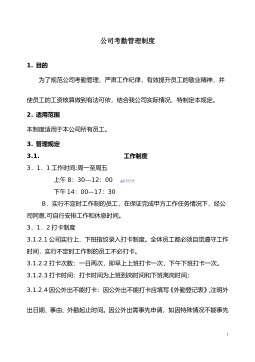
 2024-11-29 9
2024-11-29 9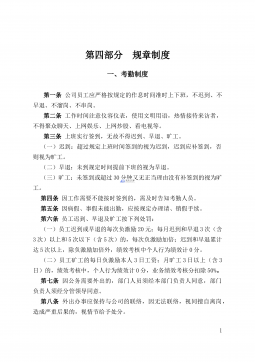
 2024-11-29 10
2024-11-29 10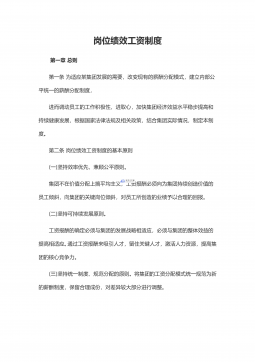
 2024-11-29 10
2024-11-29 10
 2024-11-29 11
2024-11-29 11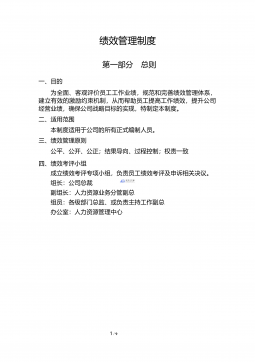
 2024-11-29 12
2024-11-29 12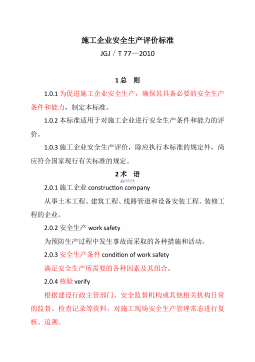
 2024-12-14 191
2024-12-14 191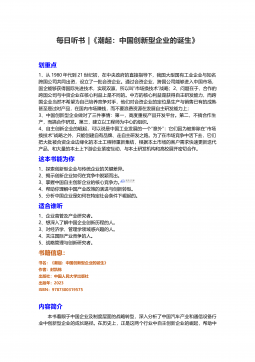
 2024-12-14 59
2024-12-14 59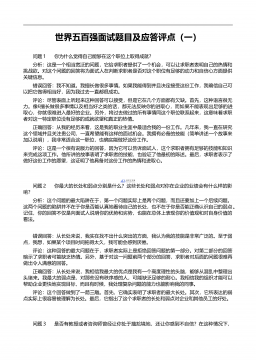
 2024-12-15 67
2024-12-15 67
 2025-01-13 134
2025-01-13 134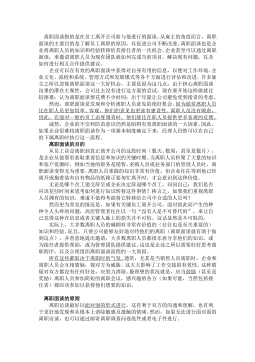
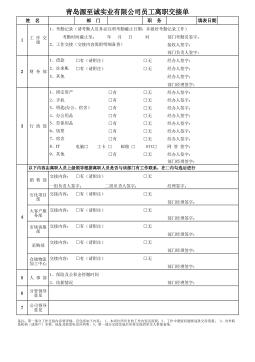
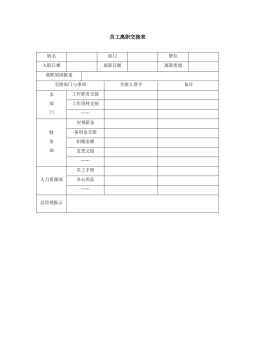
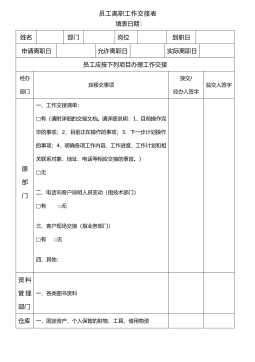
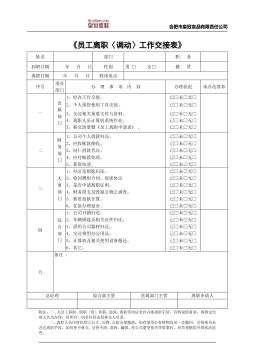



 渝公网安备50010702506394
渝公网安备50010702506394
